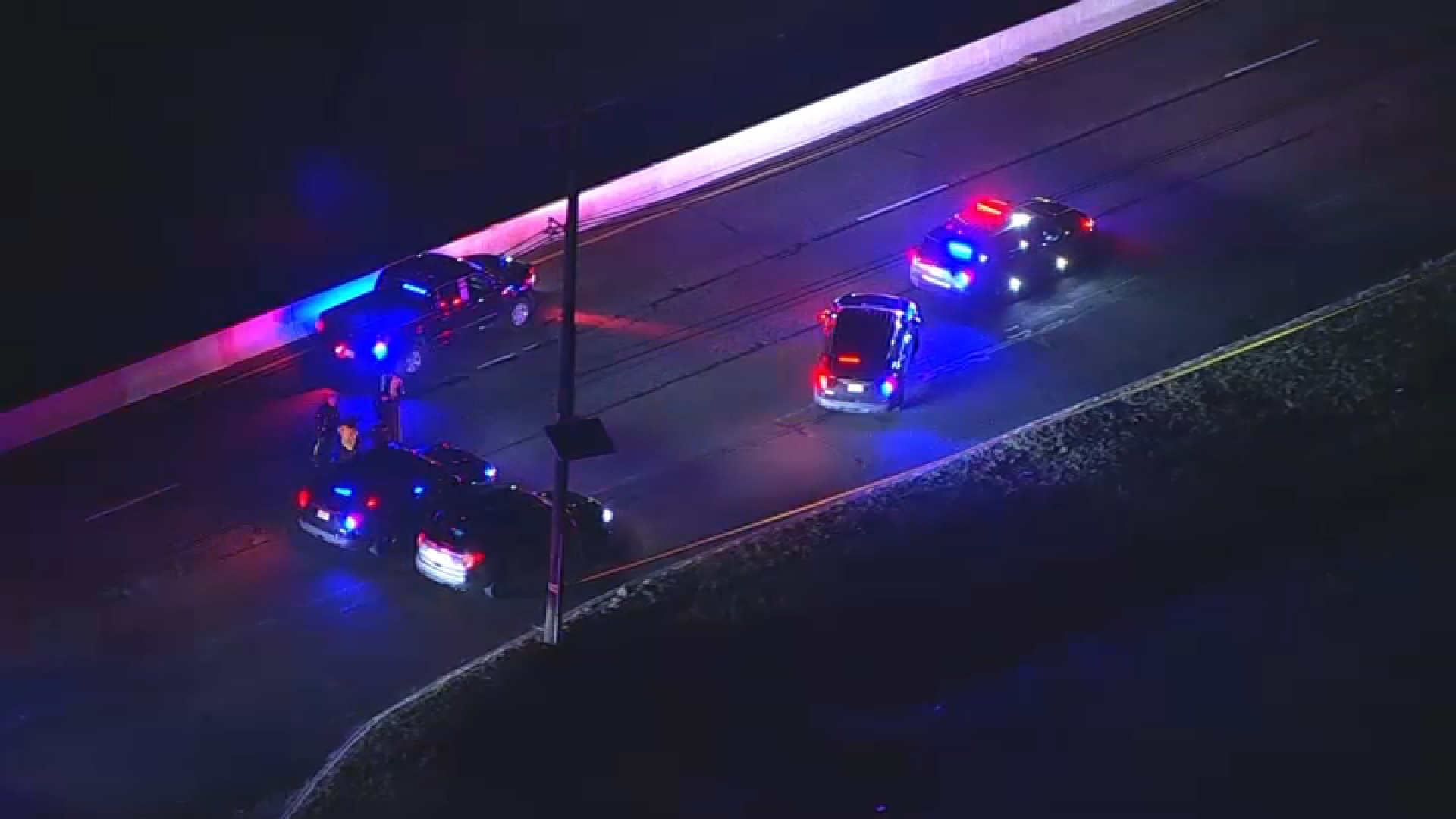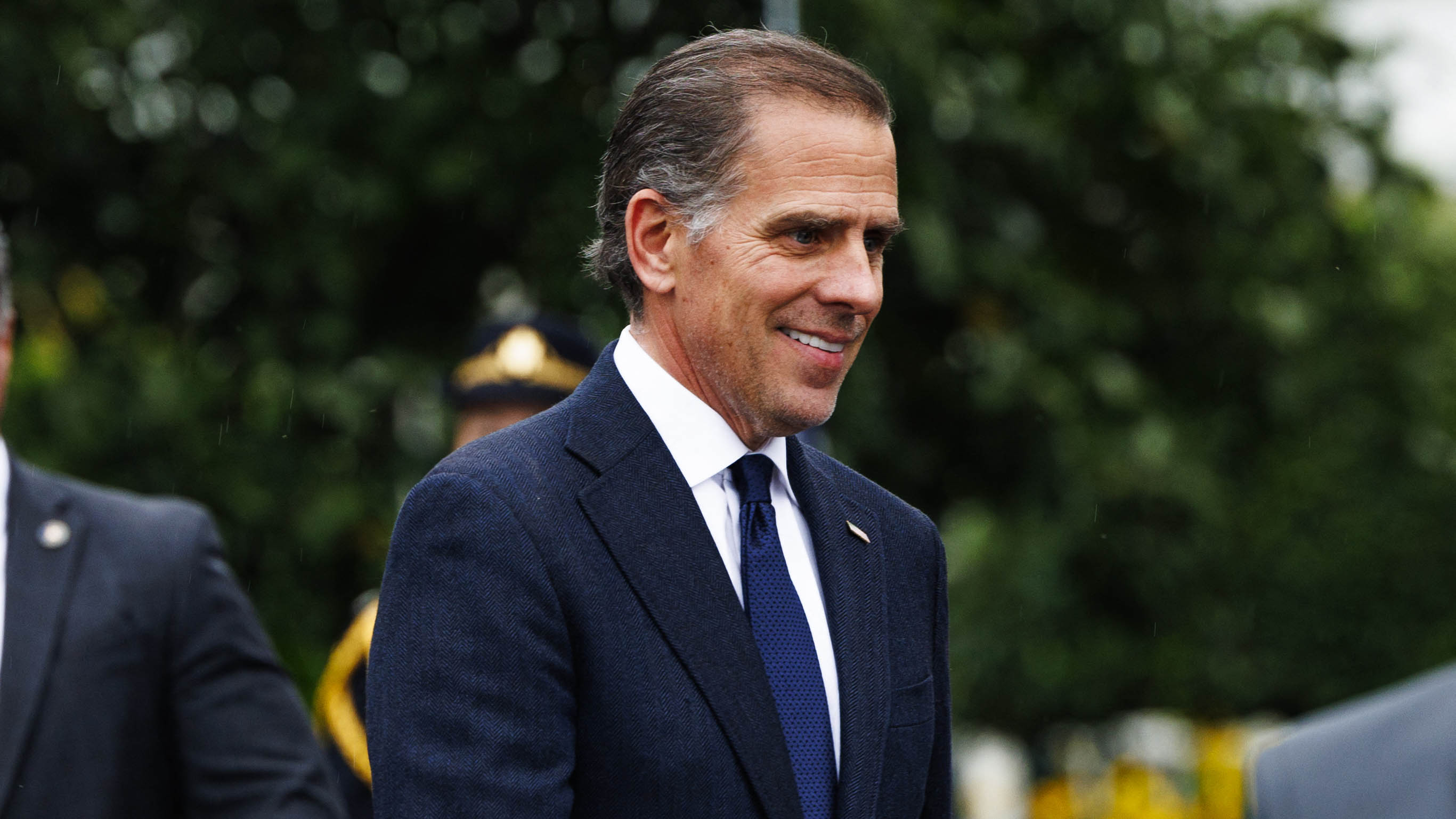What to Know
- In a ruling made on Tuesday, U.S. Eastern District of Pennsylvania Judge Eduardo C. Robreno said the city could disband the camps on the Benjamin Franklin Parkway, Ridge Avenue outside the Philadelphia Housing Authority’s North Philadelphia headquarters and at the Azalea Garden near the Philadelphia Museum of Art.
- Around 230 people total reside in all three camps.
- City officials have not revealed when they intend to act on Robreno’s order. Robreno said the city must give occupants at least 72 hours notice before vacating the site.
NBC10 is one of dozens of news organizations producing BROKE in Philly, a collaborative reporting project on solutions to poverty and the push toward economic justice. Follow us at @BrokeInPhilly.
A federal judge is allowing the city to disband three Philadelphia protest camps that have called for more affordable housing for the homeless.
In a ruling made on Tuesday, U.S. Eastern District of Pennsylvania Judge Eduardo C. Robreno said the city could disband the camps on the Benjamin Franklin Parkway, Ridge Avenue outside the Philadelphia Housing Authority’s North Philadelphia headquarters and at the Azalea Garden near the Philadelphia Museum of Art. Around 230 people total reside in all three camps.
City officials have not revealed when they intend to act on Robreno’s order. Robreno said the city must give occupants at least 72 hours notice before vacating the site.
In a statement, Mayor Jim Kenney said his administration appreciated "the Court's careful attention to this very complex matter." He also said they were currently evaluating their next steps and have not yet established a timeline.
"I urge those still in the camps to voluntarily decamp and avail themselves of the beneficial services being offered," Kenney wrote.
Local
Breaking news and the stories that matter to your neighborhood.
Jen Bennetch, a co-organizer of the protests, told NBC10 she was disappointed by the judge's decision but also said it won't change their stance.
"We're hopeful the city will continue negotiations as we have made progress on both sides lately but we're also prepared to defend these locations," Bennetch said.
Bennetch said they have no plans to willingly leave the camps and they'll put up a fight, legally or otherwise.
"People are going to stand their ground at the location," she said. "We are not going to attack anybody but I don't see anyone getting up and just leaving without anywhere to go and there will be other legal fights."
The City had posted a notice on Aug. 17 saying those living in the camps needed to pack up and leave by 9 a.m. the next day. But that deadline came and went as Mayor Jim Kenney signaled his frustration with the unsanctioned weekslong protests.
Kenney said the groups were not willing to concede anything in negotiations with the city for permanent housing. One of Kenney's top housing officials said that there was not currently enough permanent city-owned housing to meet the demands of the protesters.
"Look, I agree with their desires to end homelessness," he said. "We all want to end homelessness. There are certain things they're asking for that the federal government and the state government needs to do that we can't control, but would work with them to get done. But at some point in time, this has to end. It's not tenable and it's not sustainable, and I think we've done everything we can to meet them at least halfway and more."
The mayor conceded that a federal lawsuit filed last week by some of the camp residents, as well as requests from two City Council members to engage in more talks, nullified the city-imposed deadline.
The impasse in negotiations was the demand for permanent housing for hundreds of homeless people both at the camps and in Philadelphia. Kenney said more than 90 people have already been placed in housing and offers to many more include temporary housing at hotels and shelters.
"We've received nearly 400 complaints from residents both around the (Ben Franklin) Parkway and in North Philadelphia," Kenney said. The two sites are along the Parkway near the Philadelphia Art Museum and on Ridge Avenue in North Philadelphia.
About 30 minutes ahead of the deadline on Aug. 18,, people could be seen preparing for a confrontation and to barricade themselves, if needed. They gathered under a "Housing Now" banner.
By 11 a.m. that day, the parkway camp remained with activists having set up a barrier blocking part of the road. There were some heated exchanges between demonstrators and people living in properties along the parkway, but no physical confrontations were seen.
The tent camp on a baseball field on the parkway, which began on June 10 and grew to an estimated 100 to 150 people, was originally slated to be closed in July, but the mayor postponed the action in hopes of reaching a resolution.
Kenney had said on Aug. 17 that after weeks of face-to-face discussions he had concluded that further negotiations would do no good. He said camp leaders' demands keep shifting, and some of their demands are out of the City's control or unachievable in the time they demand.
City officials said they had agreed to support some options, such as a temporary encampment elsewhere if supported by residents and their elected council member, a “tiny house" village, new housing and a community land trust. Officials also said shelter, safe haven and treatment beds are available as well as COVID-19 prevention spaces.
Kenney also wrote Tuesday that the city has continued to offer its Homeless Connect services on a daily basis to the campers.
"So far, more than 100 campers have accepted emergency, temporary housing, rapid rehousing, safe haven and treatment," Kenney wrote. "Those over the age of 65 and/or with chronic underlying health conditions that make them vulnerable to COVID, have been referred to the COVID Prevention Spaces, with services and meals provided on site."
Philadelphia Housing Action — the coalition of groups that organized the encampment — said it was conceived as a form of political protest over city policies toward the homeless and the lack of low-income housing in Philadelphia.
The City said it expected advocates to take down the tents on their own.



